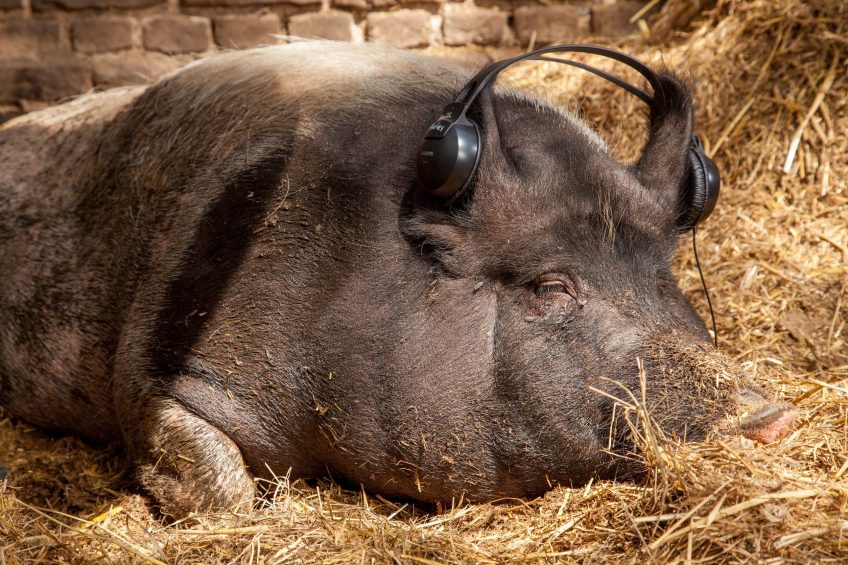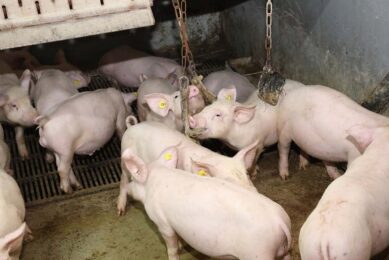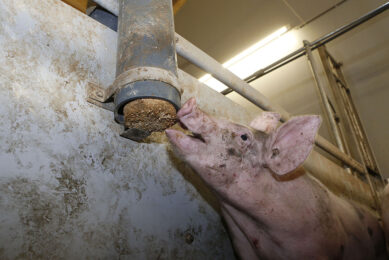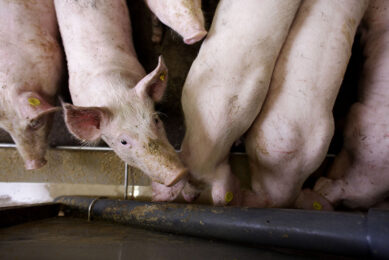Music by Bach makes pigs grow better

Recent research suggests that classical symphonies can contribute to animal welfare and improve zootechnical indexes.
PhD researcher Érica Ito, from São Paulo University (USP), tested the effects of Johann Sebastian Bach’s cello suite nº 1 in a group of piglets. Apart from a much better behaviour, the animals also were observed to have a higher feed conversion. She did not estimate costs of application, but she argued that it is a very affordable technique for small, medium and large farms. Pig Progress interviewed Ms Ito.
Does classical music contribute to pig welfare?
 Érica Ito: “Yes. With the results of my research I could verify that the music contributed to pig welfare and their quality of life. Consequently, the response can generate productive gains for pig farmers.”
Érica Ito: “Yes. With the results of my research I could verify that the music contributed to pig welfare and their quality of life. Consequently, the response can generate productive gains for pig farmers.”
How was the experiment carried out?
“I have developed an unpublished methodology for conducting the research. Approximately 30 pigs in growth phase were divided into 2 stalls – one was controlled and the other was with ‘treatment’ (music), to compare the results. During the experiment, the sound intensity and frequency in both bays were monitored. Only the ‘treatment’ group could hear the music.”
Was it possible to identify zootechnical improvements?
“Yes. Apart from better interactions (play and relations between animals) and decreasing agonistic behaviour (fights and persecutions among animals), the research provided indications on the improvement of feed conversion for pigs, hearing classical music. They reached the same weight gain with less feed.

Brazil is well on the way with implementing pig welfare regulations. Here is an update
Do you consider that implementing music is economically feasible?
“I did not measure the economic feasibility of using music on farms in this experiment. However, I believe it is a tool that is easy to access and use for small, medium and large producers.”
What was the main objective of the research?
“One of my goals is to put research into practice! Research should not be made to be shelved, but to provide useful alternatives to society. And I am totally open to guide and assist producers who have the interest in an ethical and sustainable animal production. In addition, it is very important to remember that animals have feelings, both pets as well as farm animals.”
 Beheer
Beheer








 WP Admin
WP Admin  Bewerk bericht
Bewerk bericht